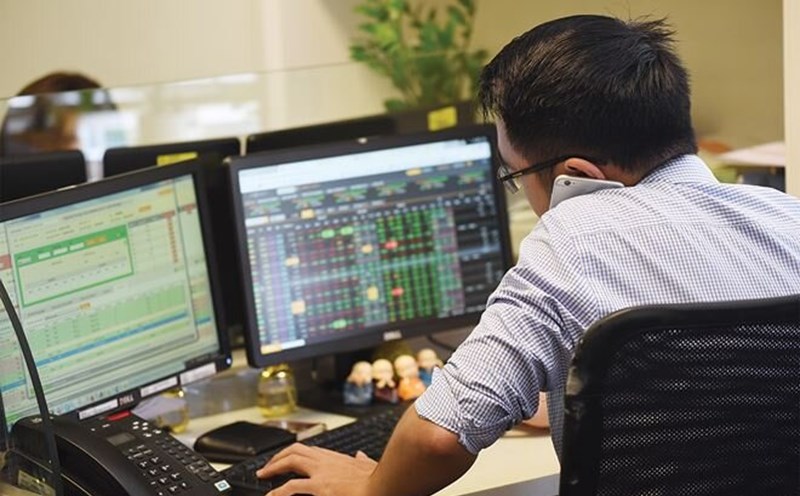Drinking tea at the right time will avoid negative effects on blood pressure and cardiovascular disease
According to the American Heart Association, caffeine in tea, especially black tea and green tea, can temporarily increase blood pressure by 510 mmHg within 30 to 60 minutes of taking it.
Therefore, people with high blood pressure should not drink tea immediately after waking up or when hungry because this is the time when blood pressure often fluctuates and is likely to increase. Experts recommend drinking tea after breakfast every 3060 minutes to minimize the impact of caffeine on blood pressure and help the body absorb antioxidants better.
Drinking green tea regularly in the afternoon, specifically after 2 pm, can help stabilize cardiopulmonary and dialysis blood pressure if consumed in moderation (about 12 cups per day). The polyphenols in green tea have the effect of improving vascular endothelial function and reducing oxidative stress - a factor that contributes to long-term low blood pressure.
The World Health Organization also warns against drinking tea immediately after taking blood pressure medication because it can reduce the effectiveness of drug absorption. The ideal time to drink tea is to be at least 1-2 hours away from the time of taking the medicine and should avoid drinking it late at night because caffeine can cause insomnia, thereby indirectly increasing blood pressure.
People with high blood pressure should drink tea in the afternoon or after meals for at least 30 minutes, in moderation, avoid drinking it when hungry, when blood pressure is suddenly high or near the time of taking medicine.
Choosing the right time will help take advantage of the benefits of tea without causing negative impacts on cardiovascular health.











